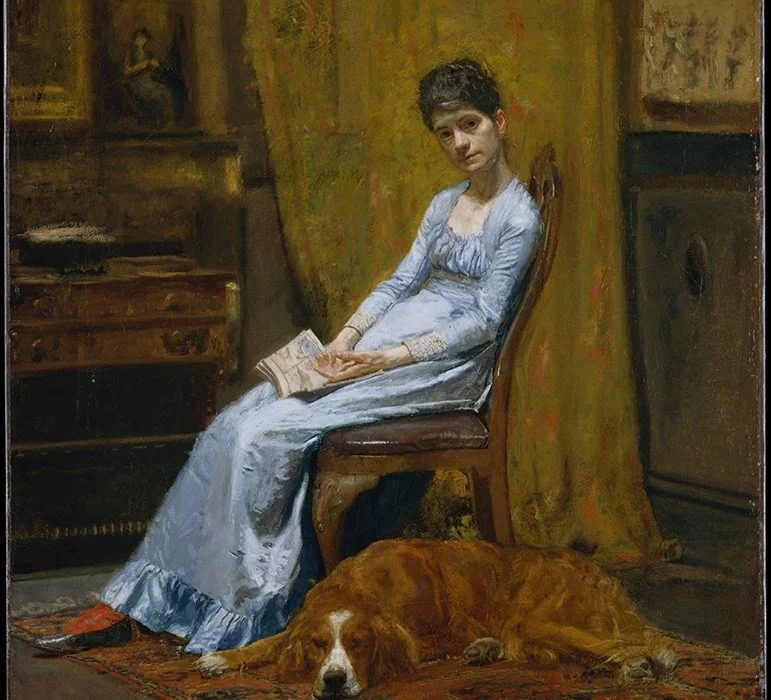Relationships • Dating
Honesty On Early Dates
We are here, ultimately, because we are fed up with being unseen; we have come here to be known, to share our inner lives, for another person to witness us as we really are.

But herein lies a paradox of early dating: if we say too much too soon, if we too readily declare ourselves, if we reveal now what our last three partners knew by the end, we will be abandoned. Were we to tell them right now – in this pretty restaurant with candlelight, prints of Sicily and the promise of an interesting pear and almond tart later – about the crisis at work, the illness we survived, the sort of sex we’re really interested in, our susceptibility to anxiety, and the amount of time we must spend on work trips and with our families of birth, they will run. The full facts of any life are generally perilous to bear.
The Art of Editing
And so we have few options other than to hedge. Some may call it lying; we prefer ‘editing’. We tell them that our first relationship was ‘somewhat stormy…’ We remark that we’ve had ‘a few ups and downs’ professionally. Our father is described as ‘intense’. The situation with our children is ‘not always cheerful…’ Our mood is ‘occasionally melancholic…’ We opt to say nothing at all about our kidneys and our brother-in-law. This also won’t be the moment to bring up the pending lawsuit.
As a result of such judicious management, we succeed. There is a second date and a tenth. We travel to the north Norfolk coast, we see the Vermeers in Amsterdam. They meet our friends D. and P.
Beyond Admiration: The Goal of Love
But this isn’t what we’re here for. We’ve come to escape loneliness, not to replicate it in a socialised form. The goal of love isn’t to be admired, but to be known; it isn’t for someone to believe that we are marvellous, but for them to understand us as pitiful and not take fright. We want them to fathom our oddities, our prevarications, the appalling compromises we have made, the shameful things we have done – and for them to forgive us. Anyone can be thought a hero; we want to be known as the shlemiel we are and still be kept in mind.
It must – in the end – be a matter of judicious sequencing. People can take a lot, so long as they have first surveyed a basic capacity for decency and good sense. By the two hundred and twentieth evening, they will have sufficient proof that we are also kind, also thoughtful, also (approximately) sane – and so will better be able to withstand the discovery of the sexual kink, our mental fragility and our tormented family bond.
They won’t flee when we finally describe the full details of the divorce and the legal challenges in our business, because they have the balancing evidence of our long ministration through their stomach ailment and behaviour around the crisis with their friend in early June. The months will have taught them that we are not merely foolish and thoughtless, not just impatient and very, very odd.
Parents know the lesson well enough. There will come a time to mention what really happened with granny and where the money actually went. But the children will need to be on the far side of twelve, after many quiet readings of The Owl who Loved Its Babies. We need to cut the truth up so it can be metabolised by those we care for. This isn’t deceit; it belongs to the paradoxical, eternally complicated work of love.


























